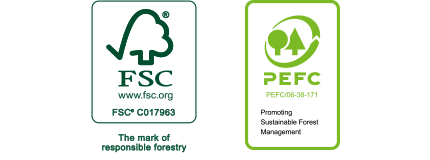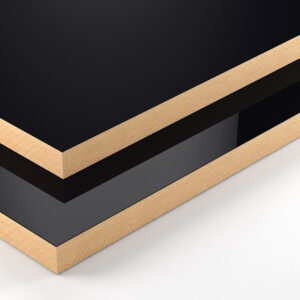“Wood is much too valuable to just
throw it away!”
Fritz Egger Snr., founder
of EGGER
EGGER is a steadily growing, global family company founded in 1961 with headquarters in St. Johann, Tyrol, Austria.
Let’s go back to 1961. Fritz Egger Snr. is successfully running the Egger family’s St. Johann operations, consisting of the Brunnhof farm and a sawmill. His uncle Edi is managing the Kufstein operations alongside this: a traditional brewery, a hotel, a cinema and two public houses. The businesses are running well on both sides. The sawmill is one of the most modern in the Tyrolean Unterland region. But Fritz Egger Snr. is not satisfied. As a watchful observer, he does not see the future of EGGER in the sawmill. He resolves to make a new beginning. And the start of the first chipboard plant under the EGGER brand. But the path is not easy. When the first chipboard plant is opened a few months later, despite all the hurdles, Fritz Egger Snr. has shown everybody: where there’s a will, there’s also a plant.

Our environmental cycle – sustainability is more than a word for us.
Forests serve as natural water reservoirs, preserve biodiversity, offer recreational opportunities, and yield the resource wood. They must be handled as sustainably as possible. EGGER supports the sustainable use of wood as a raw resource. They structure their operations in cycles to save resources, much like in nature.



EGGER only purchases regional wood from certified forests.
In this way, EGGER can make sure that the management practices of a certified forestry operation meet the minimum requirements of national forestry laws and the requirements of the respective certification system.
EGGER products are certified with the Singapore Green Label and complies with the strictest Japanese formaldehyde emission standard of F**** (0.03ppm), giving the lowest formaldehyde emission currently available in Singapore’s market.
Environmental Brochure
Sustainable construction and healthy living with EGGER wood-based materials. The most important details on sustainability, resource conservation, environmental performance evaluation, environmental labels, and building certification are covered in the environmental brochure.








